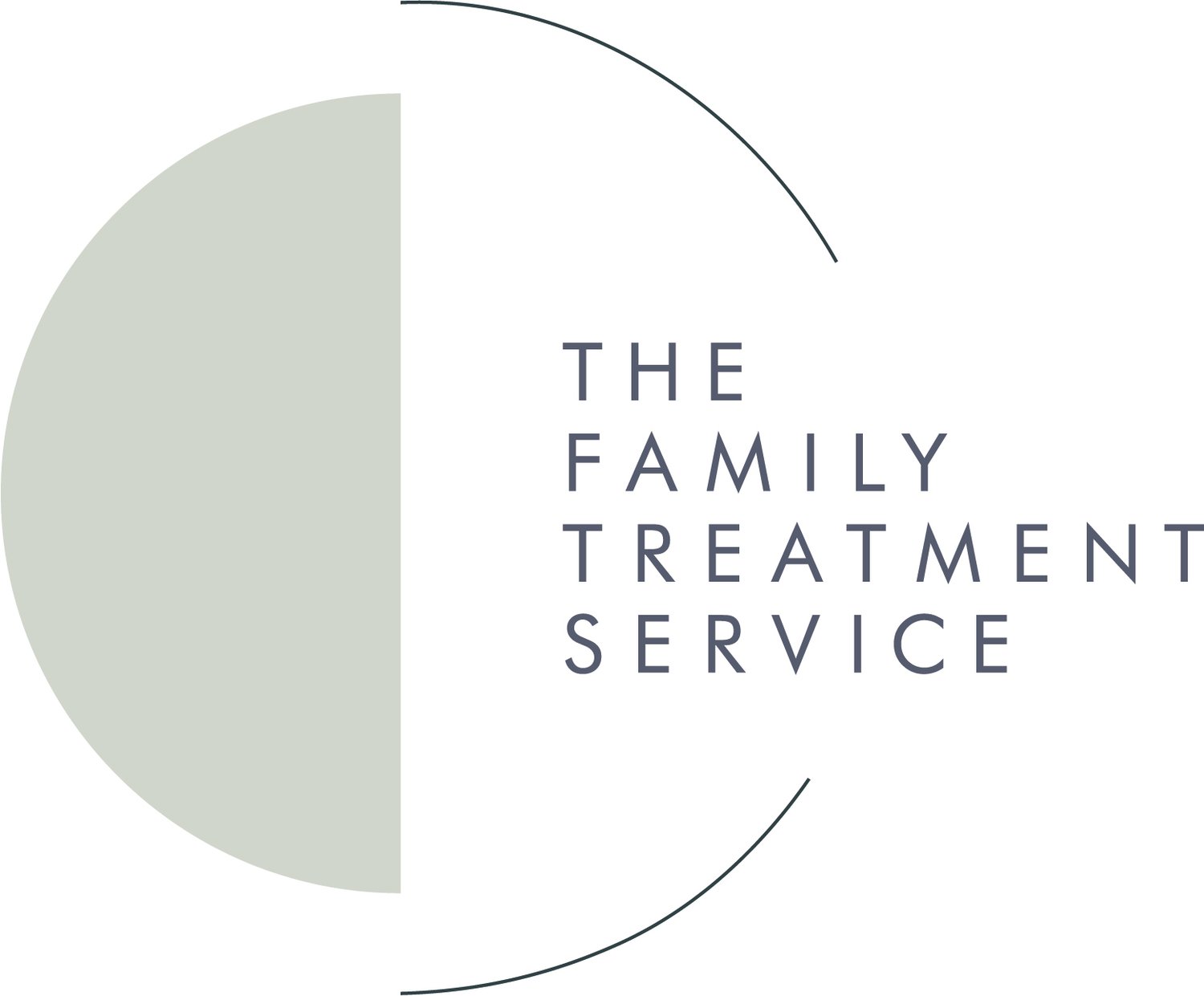
EMDR Therapy At The Family Treatment Service
We offer EMDR (Eye Movement Desensitisation and Reprocessing) for PTSD
(Post Traumatic Stress Disorder) and wider mental health conditions at our
mental health clinic in London
What is EMDR?
EMDR (Eye Movement Desensitisation and Reprocessing) is an effective therapy for individuals who are struggling with intrusive symptoms and emotional distress as a result of traumatic events that have happened in their lives.
EMDR therapy allows someone to process their difficulties in brief doses, so as to not overwhelm them. This technique is different to other, more traditional talking therapies, which often spend a lot of time discussing the details of past events.
EMDR uses eye movements to help your brain quickly access the memories of the traumatic event(s) from the past. The technique of using eye movements means that the individual does not need to talk at length about the difficult memory.
Instead, the brain begins to break down the memory on its own, until the point where the person is no longer distressed by intrusive thoughts and images.
EMDR is recognised by the National Institute for Health and Care Excellence (NICE) and the World Health Organisation (WHO).
Who can benefit from EMDR?
EMDR is primarily known for treating Post-Traumatic Stress Disorder (PTSD), but it can also help with a range of other mental health conditions. These include anxiety disorders, depression, trauma recovery, grief and eating disorders.
What to Expect
Phase 1: Initial assessment
In your first appointment your clinician will ask you questions about yourself, your family, your past and present relationships and the trauma(s) you may have experienced. We don’t need to know all the details of your trauma and you will not have to retell the events. Following the initial assessment, if both you and your clinician have agreed that you are ready to start EMDR, your clinician will set some goals with you and then begin the desensitisation and reprocessing.
Phase 2: Desensitisation and Reprocessing
During this phase of the therapy, the trauma memory is broken down using the brain's natural healing processes. Your clinician will ask you to track a light or their finger moving backwards and forwards across your visual field whilst you recall the memory or feelings you may associate with the original event.
With repeated sets of eye movements, the trauma memory tends to change in such a way that it loses its painful intensity and becomes a neutral memory of an event in the past. Other associated memories may heal at the same time. This linking of related memories can lead to a dramatic and rapid improvement in many aspects of your life.
It is not a form of hypnosis, you remain in control, fully alert and wide-awake - and you can stop the process at any time. Your clinician will support you throughout. As a result, most people experience EMDR as being a natural and very empowering therapy.
Fees and how to book
Sessions last 60 minutes. Sometimes your clinician may recommend a 90 minute session in order to have more time to desensitise and reprocess a memory.
The amount of sessions needed depends on the trauma(s). But typically the minimum amount of sessions needed is between six to eight.
The initial session is billed at £200, follow-up sessions cost £180 per hour.
How to See Us
-

Get In Touch
The first step to access EMDR therapy is to fill in our registration form to give us an understanding of how we can help.
-

Personalised Advice
We provide tailored recommendations designed to provide effective results, with clear expected timescales and costs.
-

Begin Your Treatment
Start your therapy plan with expert-led and evidence-based care. The plan will be reviewed as therapy progresses.
Our Wimbledon Clinics
Our EMDR therapy sessions take place at our beautiful, welcoming Therapy clinic on Ridgway Mews in Wimbledon.

























